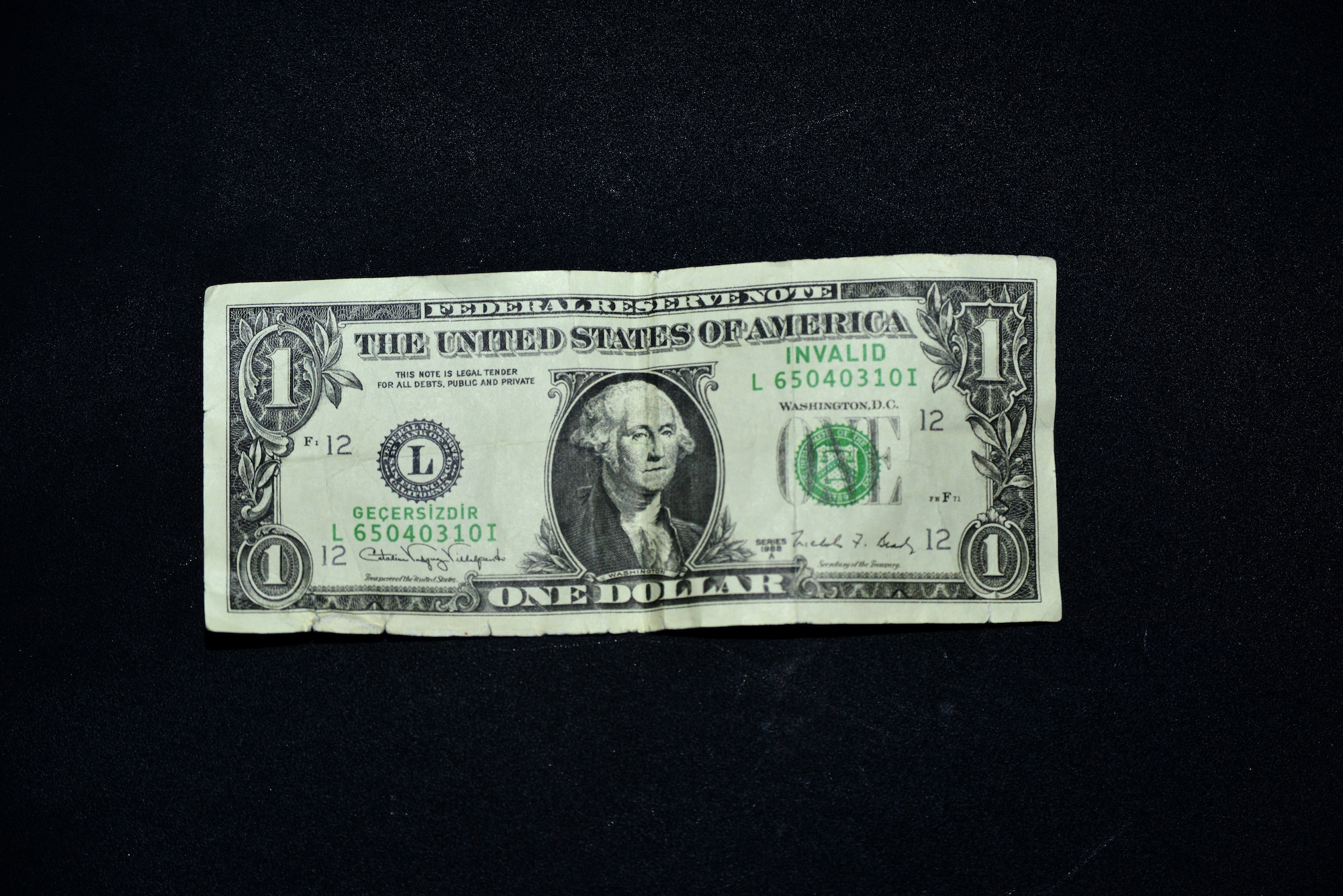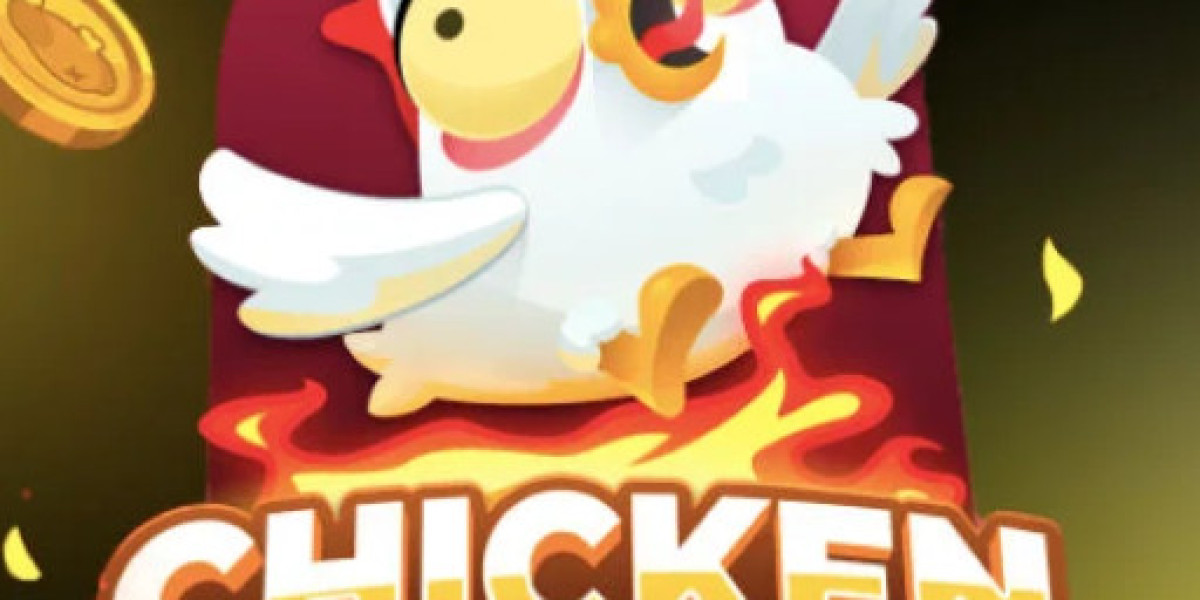
Chicken: A High-Stakes Game of Nerves, Cars, and Casino Lore
The roar of engines, the glint of headlights, and the palpable tension hanging in the air – these are the hallmarks of "Chicken," a game of daredevilry that has captivated imaginations for decades. While not a traditional casino game in the sense of cards or dice, the spirit of Chicken Road (click the next website page), with its blend of risk, strategy, and sheer audacity, permeates the gambling world. This article delves into the history, psychology, and cultural impact of Chicken, exploring its surprising connections to casino games, the concept of risk assessment, and the enduring allure of pushing limits.
The Origins and Evolution of Chicken
The precise origins of Chicken are shrouded in the mists of time, likely emerging from the informal challenges of youthful bravado. Early versions probably involved simply walking towards each other, with the first to flinch being labeled the "chicken." However, the game gained notoriety and a codified form with the advent of automobiles. Two drivers would race directly towards each other on a collision course. The first to swerve away to avoid a head-on crash would be deemed the loser – the "chicken."
This vehicular variation quickly became a potent symbol of recklessness, often featured in films and literature as a metaphor for Cold War brinkmanship or personal struggles with fear and control. The 1955 film "Rebel Without a Cause," starring James Dean, famously depicted a Chicken game involving stolen cars careening towards a cliff. This cinematic portrayal cemented the game's place in popular culture, associating it with youthful rebellion, existential angst, and the intoxicating danger of pushing boundaries.
Beyond the literal act of vehicular Chicken, the concept has evolved to encompass any situation where two parties engage in a potentially destructive course of action, each hoping the other will back down first. This broader interpretation connects Chicken to various aspects of human interaction, from political negotiations to business rivalries and, notably, gambling scenarios.
The Psychology of Chicken: Risk, Reward, and Reputation
At its core, Chicken is a game of psychological warfare. The objective isn't simply to win, but to convince your opponent that you are willing to take a greater risk than they are. This involves a complex interplay of factors:
* **Risk Assessment:** Players must constantly evaluate the potential consequences of continuing the game versus swerving away. This involves weighing the probabilities of a crash (with varying degrees of severity) against the potential reward of winning.
* **Reputation and Credibility:** A player's past behavior and reputation play a crucial role. If someone is known for being reckless and unpredictable, their opponents are more likely to believe they will go all the way, forcing them to swerve. Conversely, a player with a cautious reputation may be perceived as more likely to back down.
* **Communication (or Lack Thereof):** In some versions of Chicken, players are allowed to communicate before or during the game. This can involve verbal taunts, displays of confidence, or even subtle signals designed to mislead the opponent. The ability to read and interpret these signals is a critical skill.
* **Fear and Control:** Overcoming the fear of a potentially catastrophic outcome is essential. Players who can maintain their composure and project an image of unwavering control are more likely to succeed.
* **The Rationality Paradox:** A key element of Chicken is that rational self-interest can lead to irrational outcomes. If both players act solely in their own self-interest, they will both continue until the last possible moment, resulting in a collision. The only way to avoid this outcome is for one player to act "irrationally" by swerving first.
This psychological framework resonates deeply with many casino games. Poker, for example, relies heavily on bluffing, risk assessment, and manipulating an opponent's perception. Similarly, in games like Blackjack or Baccarat, players must make calculated decisions based on probabilities and potential payouts, constantly weighing the risks and rewards.
Chicken and Casino Games: Parallels in Risk and Strategy
While Chicken doesn't involve dice or cards, the underlying principles of risk assessment, bluffing, and psychological manipulation are directly applicable to many casino games.
Poker: The Ultimate Bluffing Game
Poker is perhaps the most obvious example. A successful poker player must be adept at reading their opponents, assessing the strength of their own hand, and making strategic bets that maximize their potential winnings while minimizing their losses. Bluffing is a crucial element of poker, requiring players to convincingly portray a strong hand even when they have a weak one, forcing their opponents to fold. This is directly analogous to the psychological warfare of Chicken, where players attempt to convince their opponent that they are willing to take a greater risk.

| Feature | Poker | Chicken |
|---|---|---|
| Primary Objective | Win the pot by having the best hand or forcing opponents to fold. | Force opponent to swerve/back down first. |
| Key Skills | Bluffing, risk assessment, reading opponents, strategic betting. | Risk assessment, psychological manipulation, overcoming fear, projecting confidence. |
| Risk Factor | Losing money wagered. | Potential for physical harm or reputational damage. |
| Information | Partial; players have private hands and limited information about opponents. | Often symmetric; both players see each other's actions. |
Blackjack and Baccarat: Calculated Risks
Blackjack and Baccarat, while less reliant on bluffing than poker, still involve a significant element of risk assessment. In Blackjack, players must decide whether to hit (take another card) or stand (end their turn), based on the value of their hand and the dealer's upcard. This requires weighing the probability of busting (exceeding 21) against the potential reward of getting closer to 21. Similarly, in Baccarat, players must decide whether to bet on the player, the banker, or a tie, based on the perceived probabilities of each outcome. These decisions are analogous to the risk assessment involved in Chicken, where players must constantly weigh the potential consequences of their actions.
Slot Machines and Roulette: The Illusion of Control
Even games like slot machines and roulette, which are largely based on chance, can be seen as having a connection to the psychology of Chicken. While players have little control over the outcome of these games, they often develop strategies or superstitions that give them a sense of control. This is similar to the way players in Chicken attempt to exert control over the situation by projecting confidence or engaging in psychological gamesmanship. The allure of these games lies, in part, in the illusion of control and the potential for a large payout, despite the inherent risks.
The Cultural Impact of Chicken: Beyond the Game
The concept of Chicken has transcended its literal origins and become a powerful metaphor for a wide range of human behaviors and situations.
* **Political Strategy:** In international relations, the "Chicken game" is often used to describe situations where two countries engage in a potentially destructive conflict, each hoping the other will back down first. The Cold War, with its constant threat of nuclear annihilation, was often characterized as a prolonged game of Chicken between the United States and the Soviet Union.
* **Business Negotiations:** In the business world, Chicken can be used to describe negotiations where two companies are vying for a deal, each trying to gain the upper hand by refusing to compromise. This can lead to protracted and often damaging conflicts.
* **Personal Relationships:** Even in personal relationships, the dynamics of Chicken can play out. Couples may engage in power struggles where each partner tries to assert dominance by refusing to yield. This can lead to resentment and ultimately damage the relationship.
The enduring appeal of Chicken as a metaphor lies in its ability to capture the tension between risk and reward, fear and control, and rationality and irrationality. It reminds us that even in situations where the stakes are high, human psychology and the desire for dominance can often override rational self-interest.
Modern Interpretations: Is Chicken Still Relevant?
While the classic image of two cars racing towards each other may seem outdated in the age of autonomous vehicles and sophisticated algorithms, the underlying principles of Chicken remain relevant. The game has adapted and evolved to reflect the changing times.
* **Online Gaming:** In the world of online gaming, Chicken can manifest in various forms, such as high-stakes poker tournaments or competitive esports matches where players push the boundaries of strategy and risk-taking.
* **Cryptocurrency Trading:** The volatile world of cryptocurrency trading can be seen as a modern-day Chicken game, with investors constantly weighing the risks and rewards of buying and selling assets. The fear of missing out (FOMO) and the herd mentality can drive irrational behavior, leading to dramatic price swings and potential crashes.
* **Social Media:** Even social media can be seen as a form of Chicken, with users constantly vying for attention and validation by posting provocative content or engaging in online debates. The risk of online backlash or reputational damage is ever-present.
Despite the changing landscape, the fundamental elements of Chicken – risk assessment, psychological manipulation, and the pursuit of dominance – remain ingrained in human behavior. The game continues to serve as a cautionary tale about the dangers of unchecked ambition and the importance of rational decision-making in the face of uncertainty.
Conclusion: The Enduring Legacy of Risk and Nerves
Chicken, whether played on a deserted road or manifested in the complex world of casino games and international relations, serves as a potent reminder of the inherent human fascination with risk. The game's enduring appeal lies in its ability to tap into our primal instincts, forcing us to confront our fears and assess our limits. While the stakes may vary, the psychological dynamics remain the same: a delicate balance between courage and recklessness, rationality and irrationality, and the pursuit of victory at all costs. Whether we're betting on a hand of poker or navigating the complexities of modern life, the lessons of Chicken – the importance of risk assessment, the power of psychological manipulation, and the potential consequences of unchecked ambition – continue to resonate. The next time you find yourself in a high-stakes situation, remember the game of Chicken and consider the wisdom of knowing when to swerve.




